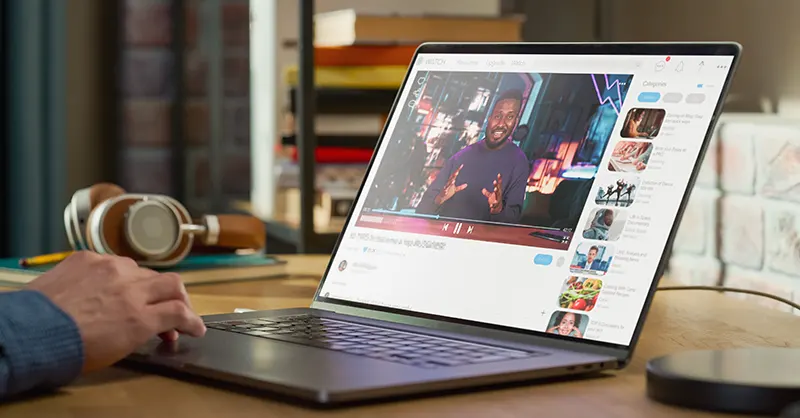Introduction:
The legal battle between Google, specifically its subsidiary YouTube, and Viacom is a notable case in the realm of copyright law and its application to online platforms. The lawsuit, filed by Viacom in 2007, alleged copyright infringement and sought $1 billion in damages.
The central issue revolved around YouTube’s eligibility for safe harbor protection under the Digital Millennium Copyright Act (DMCA), a U.S. law that offers legal safeguards to online service providers against copyright infringement claims under certain conditions.
Background:
Viacom, a prominent media conglomerate owning assets such as MTV and Comedy Central, claimed that YouTube had allowed copyrighted Viacom content to be uploaded onto its platform without obtaining proper authorization from Viacom. The case raised questions about the responsibilities of online platforms for user-generated content and the balance between copyright protection and fostering innovation on the internet.
Viacom argued that YouTube should be held liable for copyright infringement because it allowed its users to upload Viacom’s copyrighted material without proper authorization. Viacom contended that YouTube should have done more to prevent this infringement, such as implementing stricter content filters or monitoring user uploads more rigorously.
YouTube, on the other hand, asserted that it was an intermediary or a hosting platform and it was not responsible for the actions of its millions of users. Instead, YouTube argued that it was compliant with the DMCA’s safe harbor provisions, which protected it from liability if it promptly removed infringing content when notified.
The case highlighted the tension between two essential aspects of the digital age: copyright protection and innovation.
Legal Proceedings:
The lawsuit unfolded in the U.S. District Court for the Southern District of New York, with Viacom alleging that YouTube had facilitated copyright infringement. Viacom argued that YouTube should be held liable for the copyright violations committed by its users.
However, YouTube countered that it was protected by the DMCA’s safe harbor provisions, provided it acted promptly to remove infringing material upon receiving valid takedown notices.
Court Rulings:
In a significant ruling in June 2010, the district court sided with Google, stating that YouTube had qualified for safe harbor protection. The judge found that YouTube had demonstrated its compliance with the DMCA by swiftly responding to takedown notices from copyright holders. This decision was a crucial victory for YouTube and had far-reaching implications for online platforms hosting user-generated content.
Viacom appealed the decision, but in April 2012, the United States Court of Appeals for the Second Circuit upheld the lower court’s ruling in favor of Google and YouTube. This decision cemented the legal principle that online platforms could be shielded from copyright infringement liability if they met the DMCA’s requirements. The case emphasized the importance of prompt response to takedown notices and demonstrated the legal safeguards available to online service providers.
Real-Life Implications:
The Google vs. Viacom case had significant real-life implications for the digital landscape. It clarified the responsibilities of online platforms when it comes to copyright infringement claims, setting a precedent for subsequent cases.
The ruling underscored the importance of implementing efficient mechanisms for copyright enforcement and content removal while preserving the vibrant ecosystem of user-generated content on the internet.
Lessons Learned:
Balancing Copyright Protection and Innovation: The case highlighted the delicate balance between protecting copyrighted material and encouraging innovation and user-generated content online. It emphasized the role of the DMCA in striking this balance.
The Importance of Safe Harbor Compliance: Online platforms must be vigilant in adhering to the DMCA’s safe harbor provisions to mitigate copyright infringement liability. Prompt removal of infringing content upon receipt of valid takedown notices is crucial.
Evolving Nature of Copyright Enforcement: The case underscored the challenges of copyright enforcement in the digital age. It demonstrated the need to continuously adapt legal frameworks to accommodate evolving technological landscapes.
In conclusion, Google’s victory against Viacom in the YouTube copyright lawsuit had a lasting impact on the legal landscape for online platforms. It clarified the responsibilities of such platforms under the DMCA and set a precedent for subsequent cases, providing valuable lessons on the intersection of copyright law and the internet.
